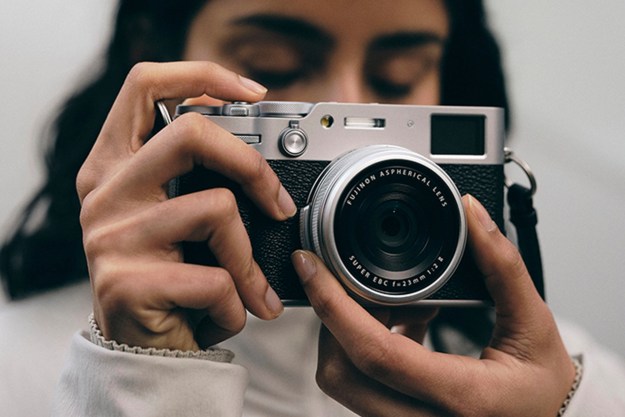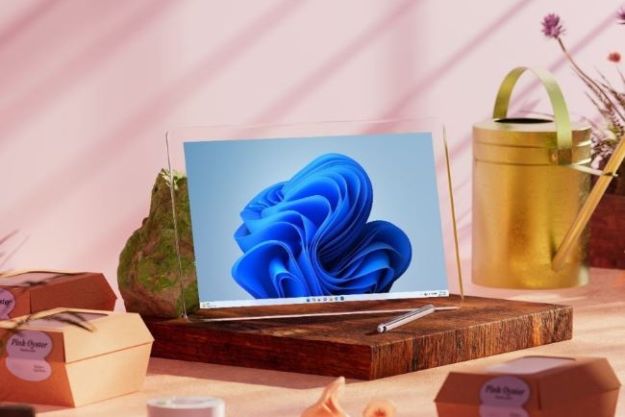While digital cameras don’t need to filter out UV rays, they’ve stuck around because they can act as a scratch barrier while having very little effect on image quality. Many though are still designed as UV filters with glass that’s pretty thin.
The new Gorilla Glass filter, dubbed the PowerUV, uses the same tough glass that makes up some of the most durable smartphone and tablet screens. The filter uses Corning’s Gorilla Glass 3, which is chemically hardened, to keep the front of the lens element protected.
While no filter can protect an entire lens, a UV filter can potentially protect the front element from scratches — if the filter itself withstands the same fall. During development, the designers put four different UV filters through a drop ball test, dropping 16g on the front from a height of 50 inches — and even the more high-end options, Conkin and B+W, failed the test.
The Gorilla Glass filter? Not only did it withstand the standard test, the developers said, but it also remained intact after a 56g drop test, 3.5 times the weight that cracked several other filters. Developers also said the Sigma and Hoya protective filters passed the test at 16 grams, but not at 56 grams. Along with the drop test, the PowerUV passed a scratch test after being tossed around with some keys, rocks and a pocket knife on a vibration platform for thirty minutes.
Along with the protective filter, the company is hoping to crowdfund a circular polarizing filter made from the same tough materials. Circular polarizing filters are one of the few that are still widely used for digital cameras, since they’re pretty powerful for enhancing the blue in the sky as well as eliminating or enhancing reflections. Unlike UV filters though, their loss of light means they can’t be left on the front of the lens 24/7.
Backers can get a PowerUV filter for between $22 and $95, depending on the size of the lens, with the PowerCPLs ranging from $40 to $237. For the Gorilla Glass filters to actually reach the market though, the campaign needs to reach a $20,000 goal by Aug. 6. If the crowdfunding comes through, the filters could ship as early as September.




